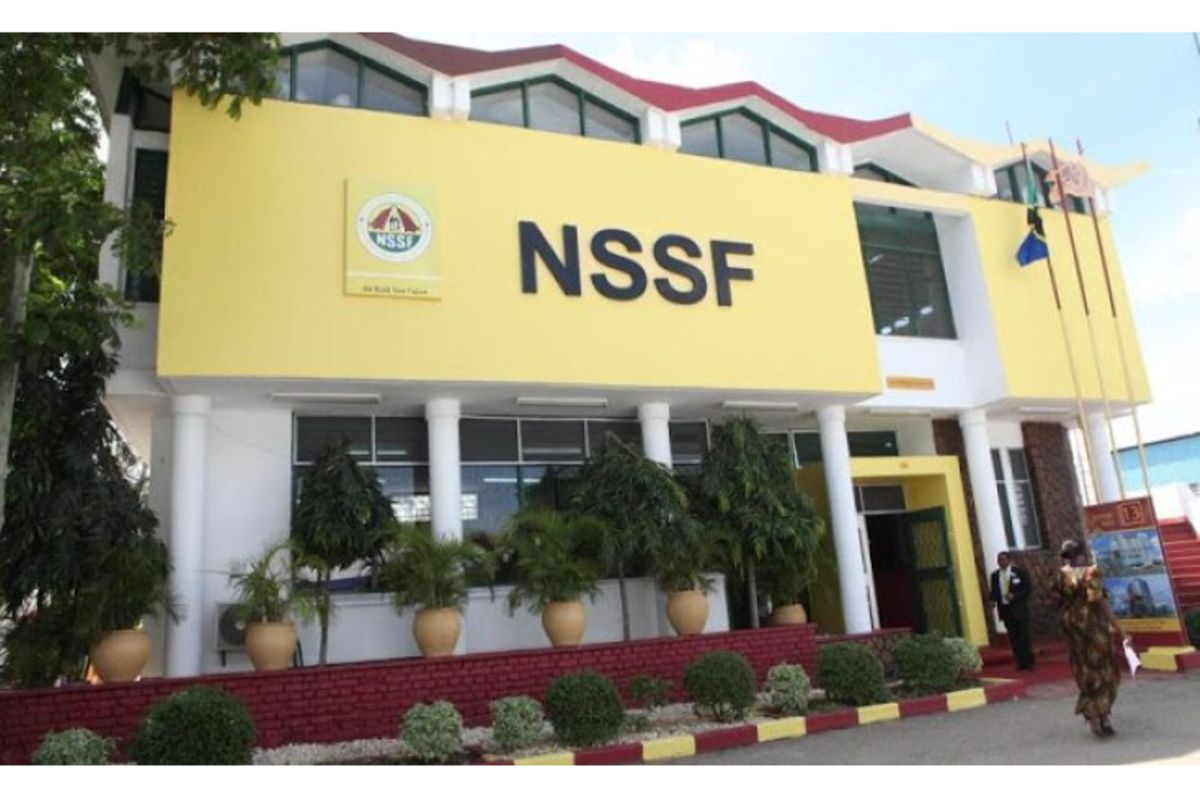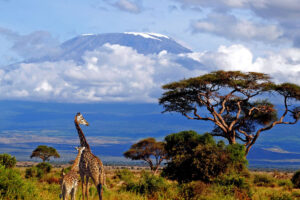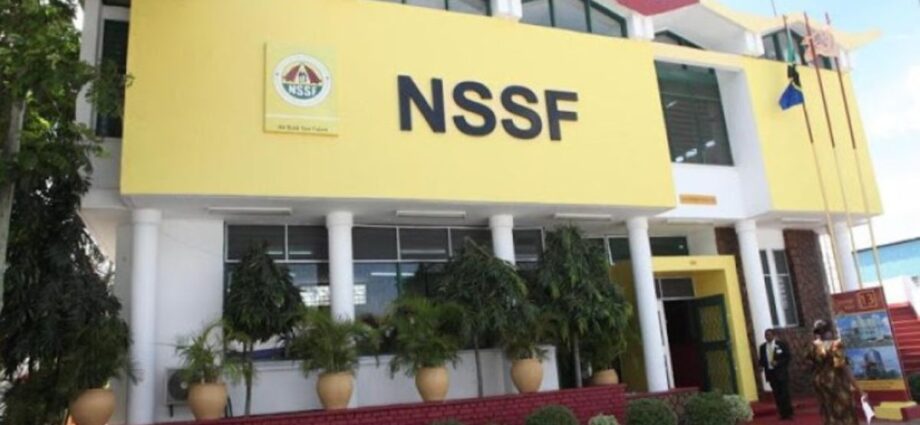
Dar es Salaam. The National Social Security Fund (NSSF) has injected $11 million (about Sh25.5 billion) into the Eastern and Southern African Trade and Development Bank (TDB).
Such an investment aims at expanding the bank’s portfolio and increase the access of funds to its members which will enable them to buy 800 shares, an equivalent of 0.64 percent.
The amount of shares, will therefore give the social security fund an assurance of a 25 percent in dividend annually.
“The investment makes the bank with a large capital in member countries. NSSF will also increase its income and the ability to service members’ benefits on time,” said the Prime Minister’s Office (Policy, Parliament, Labour, Employment, Youth and the Disabled) director of social security Festo Fute.
He made the remarks in Dar es Salaam yesterday during the share certificate handover ceremony, where he commended the fund for its decision that would enable it to benefit from stakeholders, who are also members of the bank in 20 countries.
According to him, the government was confident that the capital will help in strengthening investment.
He said the purchase of 800 shares was a huge capital investment that allowed the bank’s board to pay a 25 percent dividend annually, saying the income will significantly help in timely paying benefits to the fund’s beneficiaries.
According to him, this was an opportunity for other security funds to look at their investment capacity and tap the opportunity since they were encouraged by the government to invest in profitable investments.
NSSF director general Masha Mshomba said Tanzania has invested in TDB with 6.03 percent of shares, ranking it at ‘grade A,’ noting, however, that the fund has financed eight development projects valued at $580 million (about Sh1.3 trillion).
“This investment is expected to increase our income…through the annual dividend and the increase in the value of shares. I thank the government for further opening up borders, and allowing us to invest in regional member states,” he said.
According to him, the investment will increase the scope of opportunities and the determination existing in the region. It will also promote resilience of funds and increase liquidity as well as timely payment of members’ benefits.
For his part, TDB group president and chief executive officer Admassu Tadesse said “Tanzania’s NSSF has become the second new institution to invest with the bank, joining a community of shareholders, over and above other equity capital investment from existing shareholders.”
Alongside the sovereign shareholders such as Tanzania, the continued confidence of institutional investors in ability to deliver on mandate is a strong driving force behind the concerted efforts for sustainable development across the region, he said.
Share this news
This Year’s Most Read News Stories

Top US investor sells 600m Safaricom shares in dividend protest
An American multinational investment management firm is selling millions of shares held in Safaricom in protest over delays in dividend repatriation amid the fall of the telco’s valuation to below Sh600 billion.Continue Reading

Tanzania can benefit from strategic investment in national pride
Travelling to a few places so far, I discovered that the Tanzanian passport can change the way one is treated at airports and international bordersContinue Reading

Dissecting the role of the insurance ombudsman in Tanzania
The basic purpose of an insurance plan is to provide financial security to you and your family in case of your misfortunes during the policy tenure.Continue Reading











